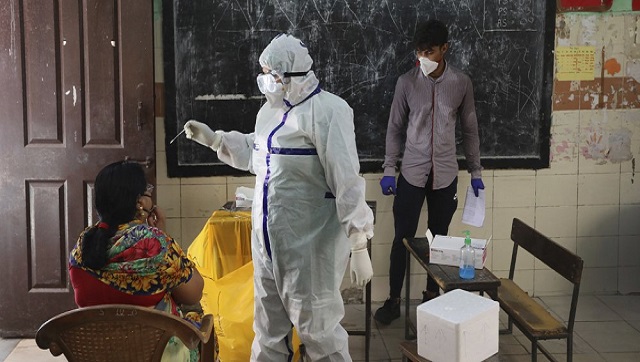Currently, the world is reeling under the pandemic of COVID-19. While the current official count of COVID-19 infected individuals in India is over six lakh, it is no exaggeration to say that it has impacted literally every citizen of the country. As can be expected, this pandemic has virtually usurped all the real estate in the news media, with most of the space dedicated to COVID-19 related strategies. In this kind of a situation, the other healthcare issues are pushed into the backburner; much more so, if it is the case of what is commonly termed as rare diseases. There is no standard definition of what constitutes a rare disease. However, as the name suggests, these are the diseases where the incidence rate is very low. For example, the World Health Organisation (WHO) defines rare diseases as the ones whose prevalence is less than one in one thousand people. They include some forms of rare cancers, autoimmune diseases, congenital malformations, lysosomal disorders, etc. While there are over 7,000 rare diseases, many of them do not have a cure. Further, for those which have a definitive cure available, the treatment tends to be expensive, and for developing countries like India where a majority of healthcare expense is out of pocket, it becomes unaffordable. An important question to ask is, why do these therapies tend to be so expensive? Research and development costs in the pharmaceutical markets tend to be high. Further, manufacturing processes tend to be technically highly complex, and almost always exclusive. Given the limited number of patients, these costs have to be borne by these smaller set of patients making these therapies very expensive. Since healthcare is a universal right, one would assume that governments would pitch in with treatment. However, since these diseases are not common, and healthcare budgets are low, and more often than not, stretched, they receive very little attention. In fact, in a few recent judgments, several high courts have ordered the respective governments to take cognisance of patients’ misery. What could be some potential solutions? Recently, the Government of India has come up with National Policy for Rare Diseases, where they suggest several policy recommendations. We believe there could be other policy interventions. First, we think that it is imperative for the governments (Central and state) to apportion a fixed portion of their healthcare budgets for rare diseases. This is because, if left to prioritisation, these diseases will always end up in the bottom. Given that very few rare diseases have an established cure; it is possible that even tiny provisions in budgets could prove to be ample. Another potential source we see is the budgets allocated to corporate social responsibility by the Indian corporate houses. Since 2 percent of net profit of the companies will have to be earmarked for CSR, corporate sponsorship for these rare diseases could be one of the best ways to mitigate the problem. Currently, however, rare diseases do not feature in the list of activities permitted towards that count of 2 percent. Incorporating the support for cure of rare diseases in that list would prove to be a win-win for all the parties. First, it provides all firms with a tangible cause to contribute to; this encourages corporates to significantly invest CSR funds in that direction. Second, it significantly reduces the burden on governments towards funding for rare diseases. A final win would be for the patients who suffer from these diseases. Finally, the lack of knowledge among general physicians and healthcare employees about these diseases has to be corrected. As a part of our ongoing research project, we spoke to about three or four patients who suffer from these diseases, and the story has been identical across all the cases. They were diagnosed with these diseases only after multiple consultations with doctors. It is clear that these initial mis-diagnoses add up, further exacerbating the cost to the patients. Therefore, these diseases being a part of the medical school curriculum, massive education campaigns for doctors and healthcare professionals, etc. should help significantly in terms of helping spread awareness. In sum, the time has come to take these rare diseases seriously. The Indian judiciary seems to be loud and clear in its view that it is governmental responsibility too. The society, at large too, cannot absolve itself of the responsibility of providing relief to the patients. In the near future, as COVID-19 takes a backseat, one can only hope that these rare diseases too occupy the collective mental bandwidth of the new normal. The author is a professor of Economic Area and MBA-PGPX Chair at IIM Ahmedabad.
In the near future, as COVID-19 takes a backseat, one can only hope that these rare diseases too occupy the collective mental bandwidth of the new normal.
Advertisement
End of Article


)

)
)
)
)
)
)
)
)



